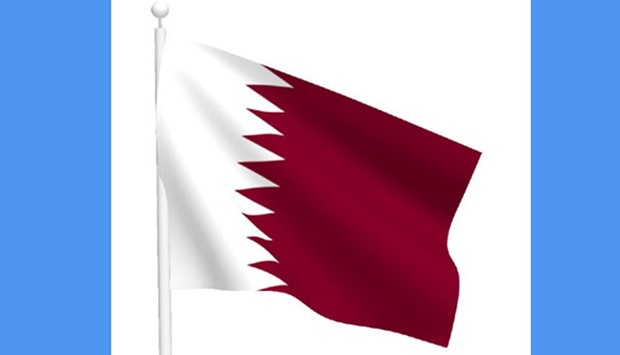Addressing the sixth (Legal) committee of the United Nations 73rd General Assembly on the report of the special committee on the charter of the United Nations and on strengthening the role of the organisation on Saturday at the UN headquarters in New York, Sheikh Mohamed bin Hamad al-Thani praised the effort of the committee, saying Qatar supports the proposals that aim to enhance the work of the UN.
He highlighted the role Qatar plays to settle conflicts peacefully in co-operation with the UN.
Sheikh Mohamed bin Hamad al-Thani expressed Qatar’s pride and its appreciation at the wide-ranging support it is getting at the international level in countering the challenges it is facing.
Referring to the order issued by the International Criminal Justice (ICJ) to grant Qatar’s request for provisional measures against the United Arab Emirates (UAE), for its discriminatory treatment of Qatari citizens, he highlighted the decision made by the highest international judicial body on the negative impact the blockade had on Qatari citizens, He noted that the court’s order required the UAE to enable the reunification of Qatari-UAE mixed families, Qatari students to complete their studies in the UAE, and to allow access to judicial services in the UAE.
Sheikh Mohamed bin Hamad al-Thani said that it is regrettable that the world is witnessing a trend of ignoring the provisions of the UN Charter and international law, including attempts to impose dictatorial policies, interfere in internal affairs and undermine the sovereignty of states under pretexts and claims that are out of touch with the UN system. He added that such behaviour was a severe violation of the UN Charter and the provisions of international law, adding that it is also a serious threat to the international order.
These trends and policies contribute to creating an unstable environment, and help terrorist organisations move freely to achieve their objectives, taking advantage of the absence of regional and international co-ordination resulting from these illegal policies, he said highlighting the international community’s rejection of these policies and measures on numerous occasions, and noting that a country or a group of countries could sometimes impose their jurisdiction on the targeted country in a clear violation of the principles of sovereignty and equality.

